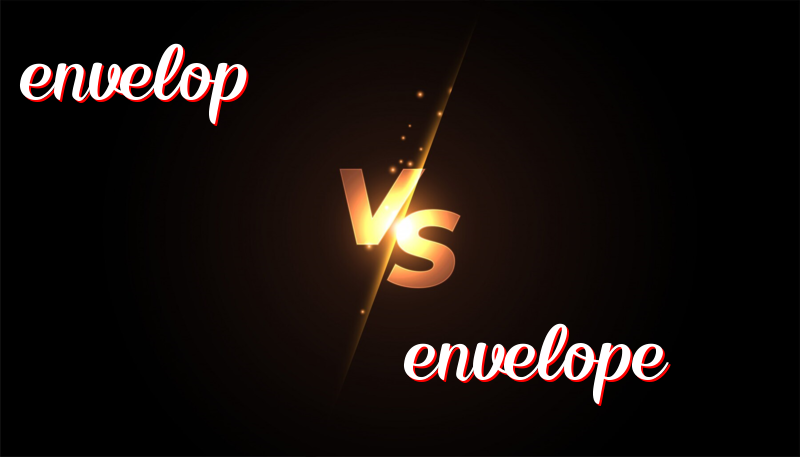Differentiating Between “Envelop” and “Envelope”: A Simple Guide
Understanding “Envelop” vs. “Envelope”
Many people mix up the words “envelop” and “envelope” because they look and sound similar. Let’s learn how they are different.
History of the Words
“Envelop” comes from a French word “enveloper,” which means to cover or surround. “Envelope,” on the other hand, comes from the French “enveloppe,” which stood for a wrapper or cover.
How to Use “Envelop”
“Envelop” is a verb. This means it is an action word. When you “envelop” something, you cover or surround it.
Example Sentences for “Envelop”
- The fog will envelop the city in the morning.
- A warm blanket can envelop you in comfort.
- Darkness envelop the forest as the sun sets.
- The smell of roses envelops the garden.
- Snow started to envelop the town during the storm.
How to Use “Envelope”
“Envelope” is a noun. This means it is a thing. An “envelope” is what you use to put a letter inside before you send it.
Example Sentences for “Envelope”
- I put the card inside the envelope.
- The envelope was sealed with a sticker.
- She wrote the address on the envelope.
- There is cash in the small envelope.
- The mailman delivered a thick envelope.
Trick to Remember the Difference
Remember: “Envelop” is a verb, which means to cover something like a fog or blanket. “Envelope” is a noun, the paper case you use for letters.
Summary
“Envelop” is to cover or surround, and “envelope” is a paper cover for letters. If you remember one is an action and the other is an object, it will be easy not to mix them up. Now, you can use these words correctly!

Leave a Reply
You must be logged in to post a comment.